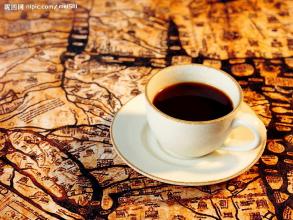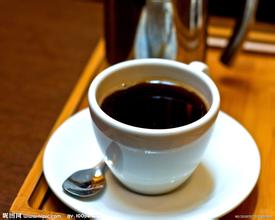Unique fruit flavor of Ethiopian Yega Xuefei Coffee introduces boutique coffee.
In 1959, the Yega snow coffee producing area began to try the water washing method. After 1970, the jasmine fragrance of Yega was washed, and the lemon and citrus flavor was popular in Europe and America. It became a model of fine beans in Africa, and the sun treatment was gradually drifting away from Shifei.
However, there are always people who will miss the feeling of the wonderful wine in the sun, which was improved in 2006. In the second Gold Co-operative Coffee Competition held in Ethiopia, sun beans dominated the top three, killing and washing Yega.
Today, the exquisite method of tanning is becoming more and more mature. High standard elimination of bad coffee beans, reduce pollution sources, elevated net bed, special guard, uniform drying. Rich aromas of strawberries, citrus, peach and jasmine, red wine has been popular all the way up to Ethiopia is the oldest coffee producer, Ethiopian beans you can cup to measure the flavor profile of all the coffee beans, it can be said that Ethiopia is the gene bank of coffee, the source of all flavors. Nothing is more common in Ethiopia than the coffee beans treated by the ancient method of sun treatment, which is caused by Ethiopia's lack of water, but the ancient method of sun exposure is difficult to control, the quality of farmers' work is also poor, and the taste of potions, onions and tofu is unpleasant. But if handled properly, the strong fruit flavor, fermented wine will make people love to death. Hell and paradise, the birthplace of coffee in a moment-the representative work of Ethiopia, Yega Xuefe.
A small town under Sidamo province, a boutique producing area. With its unique fruit flavor, thousands of coffee fans are fascinated by sweet and sour feelings.
On the way to coffee, if you haven't had Yega Snow Coffee, then you haven't set out yet.

Important Notice :
前街咖啡 FrontStreet Coffee has moved to new addredd:
FrontStreet Coffee Address: 315,Donghua East Road,GuangZhou
Tel:020 38364473
- Prev

Introduction to Ethiopian Sidamo Lion King Coffee with a rich chocolate finish
Kaibedo is a small coffee cooperative in a small town in Dala, Sidamo Province. each small coffee farmer here has an average planting area of about 0.6 hectares and is composed of hundreds of coffee farmers. it is planted nearly 2000 meters above sea level, the climate varies greatly, and the soil is fertile, providing an excellent growing environment, and the raw bean itself exudes a strong aroma of raisins and fermented wine. Near
- Next

Rwanda coffee, described as "grass aroma", introduces boutique coffee.
The taste of Rwandan coffee is described as a grassy aroma with tropical climates. in addition to the sweetness of fruit, this coffee also gives people a feeling of freshness, clarity, and freshness. Bourbon coffee grown in Rwanda is amazing for its sweet fruit, full-bodied, unrestrained and lingering aftertaste. This kind of coffee is delicious.
Related
- Does Rose Summer choose Blue, Green or Red? Detailed explanation of Rose Summer Coffee plots and Classification in Panamanian Jade Manor
- What is the difference between the origin, producing area, processing plant, cooperative and manor of coffee beans?
- How fine does the espresso powder fit? how to grind the espresso?
- Sca coffee roasting degree color card coffee roasting degree 8 roasting color values what do you mean?
- The practice of lattes: how to make lattes at home
- Introduction to Indonesian Fine Coffee beans-- Java Coffee producing area of Indonesian Arabica Coffee
- How much will the flavor of light and medium roasted rose summer be expressed? What baking level is rose summer suitable for?
- Introduction to the characteristics of washing, sun-drying or wet-planing coffee commonly used in Mantenin, Indonesia
- Price characteristics of Arabica Coffee Bean Starbucks introduction to Manning Coffee Bean Taste producing area Variety Manor
- What is the authentic Yega flavor? What are the flavor characteristics of the really excellent Yejasuffi coffee beans?

